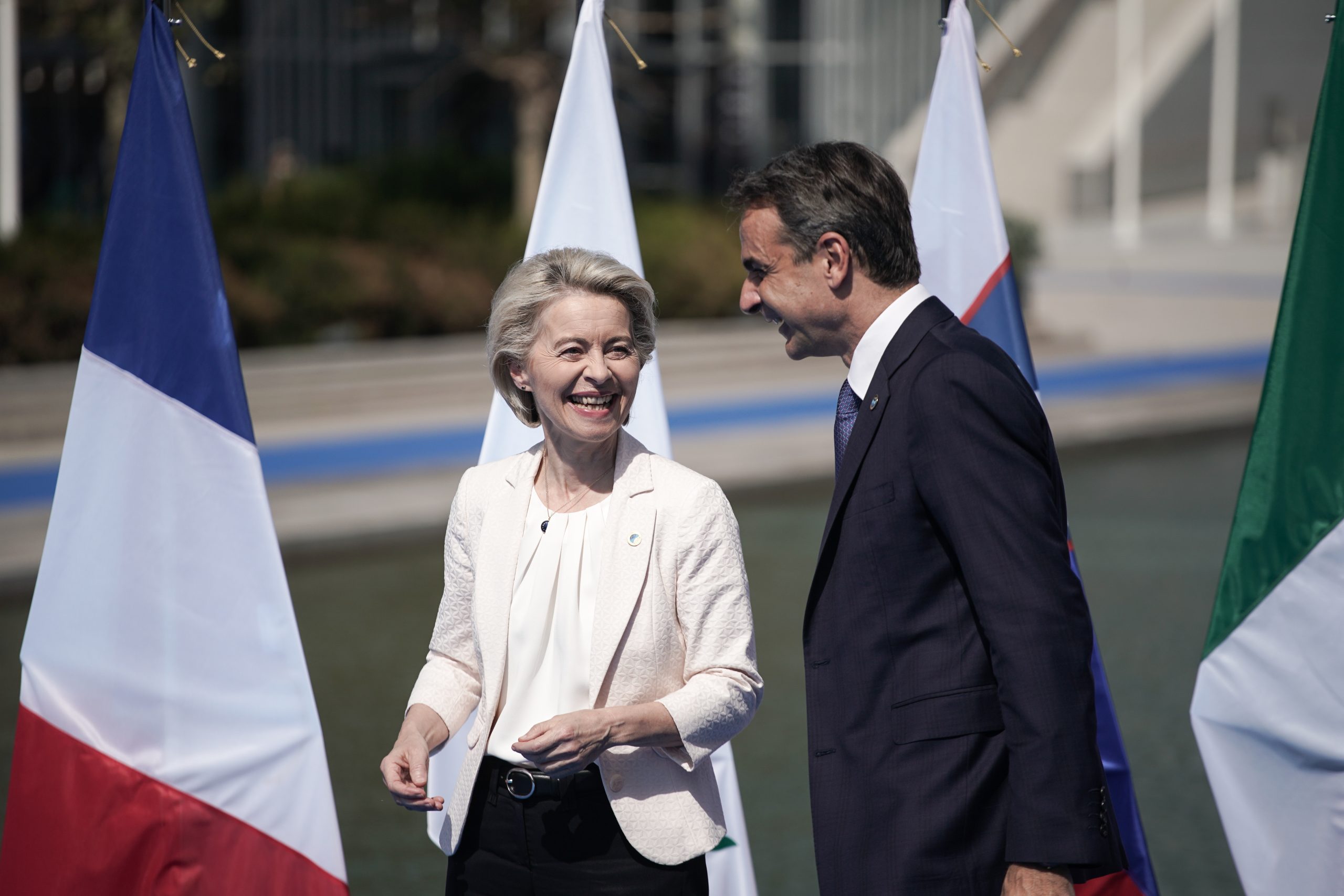
A “Six-Point Plan” to address the energy crisis and its effects on businesses and households is being proposed by Prime Minister Kyriakos Mitsotakis to the European Commission, in a letter to Commission President Ursula von der Leyen.
“Dear President von der Leyen, dear Ursula,
I am writing to you regarding the rapidly evolving economic threat in the gas wholesale market, that I believe needs to be addressed swiftly and decisively to prevent further damage to European Union citizens’ lives, Member States’ economies, and the success of the European Green Deal.
The evolution of wholesale natural gas benchmark prices in recent months, and especially since December 2021, has no longer been driven by the normal market forces of supply, according to recent research from both the European Union Agency for the Cooperation of Energy Regulators (ACER) and the EC Gas Coordination Group. In fact, prices are now largely impacted on by political statements and fears stemming from the Russian invasion in Ukraine that lead to uncertainty, massive price fluctuations, and speculation.
The ongoing crisis in Ukraine has effectively overridden the natural mechanics of price formation and unfortunately every attempt to address this issue up to now by our Union has fallen short of counterbalancing the huge burden on households and businesses. The paradox is that neither the production capacity nor the supply chains of natural gas have been affected by the current crisis. This means that we don’t have a quantity problem, but we do have a price problem.
In the mid to long term this can be alleviated by reducing the Union’s reliance on Russian natural gas. But in the short term I believe a targeted and temporary market intervention is necessary to normalize the situation. All such measures should focus on gas prices rather than quantities, be time-limited, and with well-defined triggers and exit clauses. By intervening in the market in this respect, our Union can protect its members by pausing the “weaponization” of natural gas against our economies and decoupling the geopolitical crisis from the energy crisis, without affecting production and supply of natural gas in the short term.
It should be noted it is unlikely that this problem will go away as soon as demand for heating gas subsides. If we don’t act now it will persist on electricity prices -which are linked with gas prices in the wholesale markets- in the following months of spring and summer putting an enormous burden on households and businesses.
After careful assessment of the available options, I would like to propose a ‘Six-Point Plan’ for your consideration. Each element of the Plan aims to counteract the current escalation in the gas wholesale market:
1. A Price Cap: A cap on title transfer facility (TTF) prices, i.e. referencing the highest historic gas price before the crisis
2. Daily Price Guardrails: A fluctuation band on TTF prices limiting volatility, for example, to +/- 10%
3. Emergency Price Setting: Stress-related TTF fixed-price setting, as an emergency reaction only, to declarations regarding pipeline gas flows from Russia
4. A Profit Cap: Gross profit margin caps in the wholesale electricity markets, for example, 5% based on market regulators monitoring production costs and LCOE on production assets
5. Physical-delivery trading: Consideration of a time-limited option to only allow trading with physical delivery
6. Liquidity Enhancement: Increasing liquidity in the natural gas market by market coupling among US/EU/Asia. For example, by enhancing cooperation with China on LNG cargoes, potentially with caps on transportation costs to disincentivize speculation
All these policy options clearly represent considerable market interventions which however have been used in extraordinary cases in the past in other markets to rebalance them or are even standard features in certain markets. I strongly believe that unusual times require unusual measures. These actions only aim to protect the proper functioning of the gas wholesale market, which has been under considerable stress following the deepening conflict in Ukraine with severe side effects in the electricity produced by gas as well.
While the mid to long term goal must be to return to a normally functioning market, it is the obligation of governments and regulators to intervene when extraordinary circumstances unhinge otherwise healthy market mechanics.
The Six-Point Plan is designed to protect and re-set the gas and electricity wholesale markets and ensure that the European Union, its citizens and Member State economies, but also the global economy, do not unduly suffer in an already challenging period.
I hope you find my rationale and my proposal timely and I remain at your disposal for a more detailed exchange on the matter.
Yours sincerely,
Kyriakos Mitsotakis
Cc:
Frans Timermans, Executive Vice-President, European Commission
Kadri Simson, Commissioner, DG Energy
Ditte Juul Jorgensen, Director-General, DG Energy
Latest News

Athens to Return Confiscated License Plates Ahead of Easter Holiday
Cases involving court orders will also be excluded from this measure.

Servicers: How More Properties Could Enter the Greek Market
Buying or renting a home is out of reach for many in Greece. Servicers propose faster processes and incentives to boost property supply and ease the housing crisis.

Greek Easter 2025: Price Hikes on Lamb, Eggs & Sweets
According to the Greek Consumers’ Institute, hosting an Easter dinner for eight now costs approximately €361.95 — an increase of €11 compared to 2024.

FM Gerapetritis Calls for Unified EU Response to Global Crises at EU Council
"Europe is navigating through unprecedented crises — wars, humanitarian disasters, climate emergencies," he stated.

Holy Week Store Hours in Greece
Retail stores across Greece are now operating on extended holiday hours for Holy Week, following their Sunday opening on April 13. The move aims to accommodate consumers ahead of Easter, but merchants remain cautious amid sluggish market activity.

Green Getaway Ideas for Easter 2025 in Greece
Celebrate Easter 2025 in Greece the sustainable way with eco-farms, car-free islands, and family-friendly getaways rooted in nature and tradition.

Civil Protection Minister Details Summer Firefighting Plans at Delphi Forum
At the 10th Delphi Economic Forum, Minister of Climate Crisis and Civil Protection Yiannis Kefalogiannis discussed Greece's plans for the upcoming fire season.

How Shops and Markets Will Operate During Easter Holy Week
The Easter holiday schedule has been in effect since April 10, with retail stores open Palm Sunday, and most supermarkets also operating to meet consumer demand for Easter shopping

Why Is the French Aircraft Carrier Charles De Gaulle in Piraeus?
Docking in Piraeus after a four-month deployment in the Indo-Pacific region, the admiral of the aircraft carrier the Charles de Gaulle says, "Greece is our best partner in the Mediterranean."
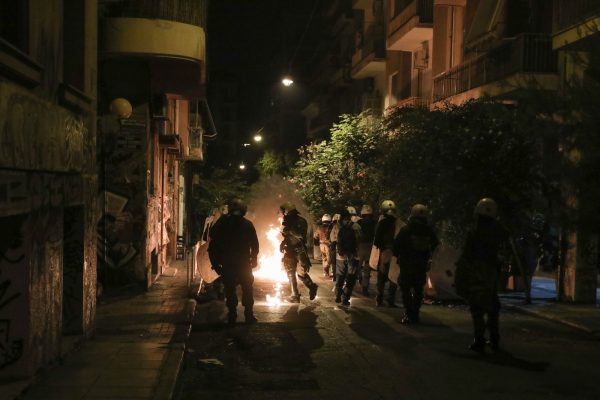
Riots and Vandalism in Downtown Athens Exarcheia Region
Night of unrest in downtown Athens' region of Exarcheia – 11 Cars Burned, 72 Detentions

























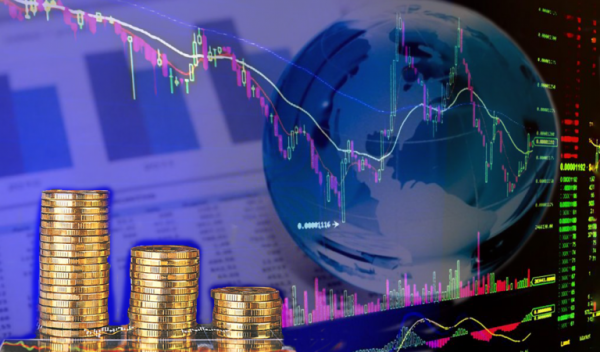


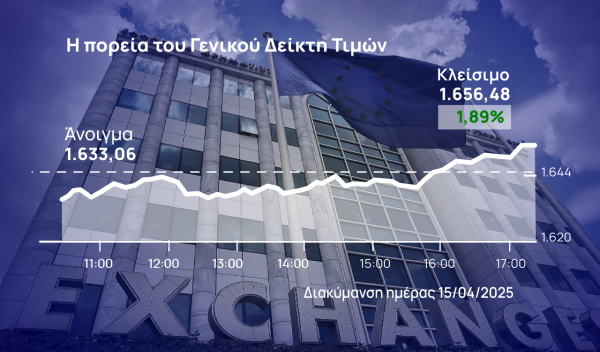










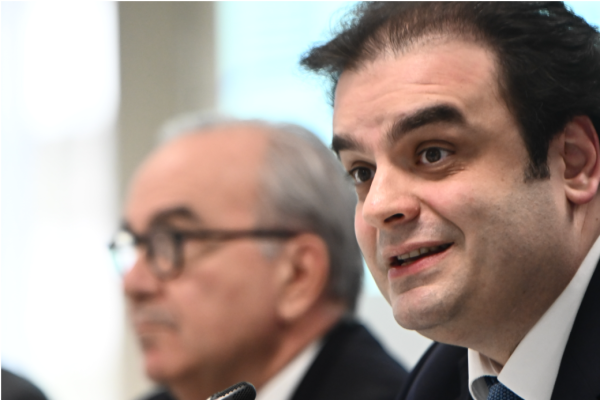

 Αριθμός Πιστοποίησης
Αριθμός Πιστοποίησης